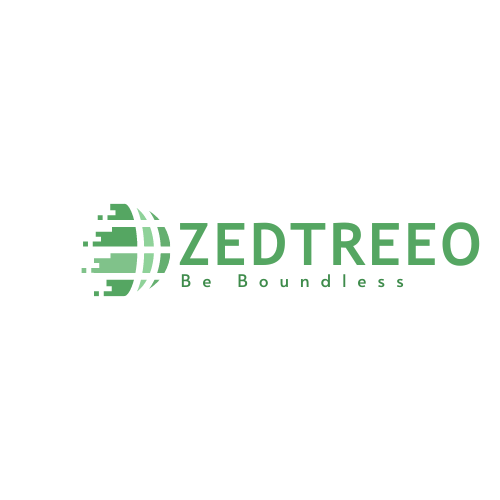The global workforce is undergoing a transformation—and at the heart of it lies remote work. From flexibility and cost-efficiency to talent access and digital collaboration, remote work is no longer a temporary adaptation. It’s now a core part of how companies scale and succeed in the digital economy. To understand where things are headed, we spoke to experts across HR, tech, and strategy. Their insights on the future of remote work reveal what organizations must do today to stay ahead.
1. Remote Work Will Become the Default for Knowledge Roles
Experts agree that knowledge-based roles—such as IT, marketing, design, and finance—are well-suited for permanent remote arrangements.
“The office used to be a tool for collaboration. Now, the internet is the office.”
— Michelle Kim, Future of Work Consultant
This shift will be driven by:
- Widespread availability of cloud-based tools
- Increasing expectations of flexibility among talent
- High cost of maintaining physical office spaces
What businesses can do:
- Invest in secure digital infrastructure
- Shift performance metrics from hours to outcomes
- Provide stipends or tools for home office setups
2. Hybrid Models Will Still Prevail—for Now
While many organizations are going fully remote, others are leaning into hybrid models. These setups blend remote and in-office work, allowing flexibility while maintaining physical presence when needed.
“According to a report by Owl Labs, 62% of employees prefer hybrid setups for better work-life balance.”
Challenges in hybrid models include:
- Communication gaps between remote and on-site workers
- Unequal access to leadership and promotions
- Cultural fragmentation
Solutions:
- Embrace asynchronous communication
- Create policies that standardize meeting participation
- Build inclusive onboarding and performance reviews
“The future of remote work isn’t just about where we work—but how we adapt, connect, and innovate across borders and time zones.”
3. A Borderless Workforce Is the New Normal
Remote work breaks down geographical barriers, allowing companies to hire from a global talent pool. This opens up opportunities for:
- Accessing rare skill sets
- Offering 24/7 support with time zone coverage
- Lowering labor costs in certain regions
Zedtreeo, for instance, connects companies with pre-vetted professionals in India across IT, legal, marketing, healthcare, and more. Learn how remote staffing helps businesses scale globally
“Your best employee may live on the other side of the world. Don’t let borders limit your business.”— Rajiv Mehra, HR Strategist
4. Soft Skills and Emotional Intelligence Will Matter More
With less face-to-face interaction, professionals must excel in areas like:
- Written communication
- Empathy and tone
- Collaboration in asynchronous environments
Organizations will prioritize hiring for traits such as adaptability, ownership, and problem-solving rather than just technical ability.
Tip: Train managers to lead remote-first teams through emotional intelligence and digital facilitation.
5. Compliance and Cybersecurity Will Take Center Stage
Managing a distributed workforce across regions requires robust compliance frameworks. Businesses must navigate:
- Local labor laws
- Data protection regulations (e.g., GDPR, HIPAA)
- Remote-friendly IT policies
Companies will invest more in secure cloud platforms, VPNs, access control, and employee training. Outsourcing partners like Zedtreeo offer pre-vetted, compliance-ready professionals.
Related reading: Data Security in Data Entry: Protecting Sensitive Info
6. Remote Work Will Drive Greater Inclusion
Remote work enables organizations to:
- Hire talent from underrepresented geographies
- Support people with disabilities
- Accommodate different work styles and caregiving responsibilities
“According to a report by FlexJobs, 79% of people with disabilities said remote work helped them be more productive and experience fewer distractions.”
Call to action: Use remote work to design a truly inclusive workplace.
Conclusion: The Future Is Flexible, Digital, and Global
Remote work isn’t going away—it’s evolving. Businesses that embrace this evolution will:
- Build agile and resilient teams
- Expand their access to global talent
- Reduce overhead while increasing satisfaction
Zedtreeo supports this future by providing scalable, secure, and skilled remote staffing solutions. Whether you’re a startup or a large enterprise, we help you build teams that are ready for tomorrow. Meet the people behind our success on our Our People page and see how culture and leadership drive our growth.
Need help preparing for the future of work? Explore our remote staffing solutions.




